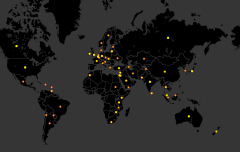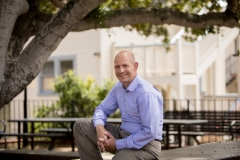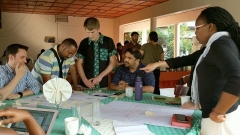Careers Fighting Terrorism, WMD Proliferation, and Financial Crime
| by Elizabeth Bone
Want to work in international security? Join Professor Jeffrey Knopf and Elizabeth Bone, career and academic advisor, for an in-depth discussion on how to launch your career.
Video



